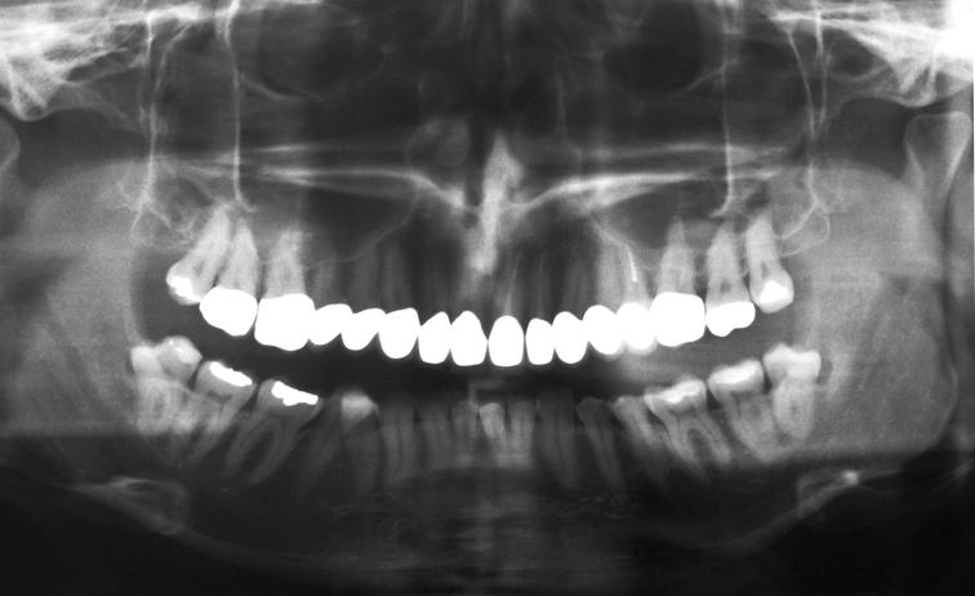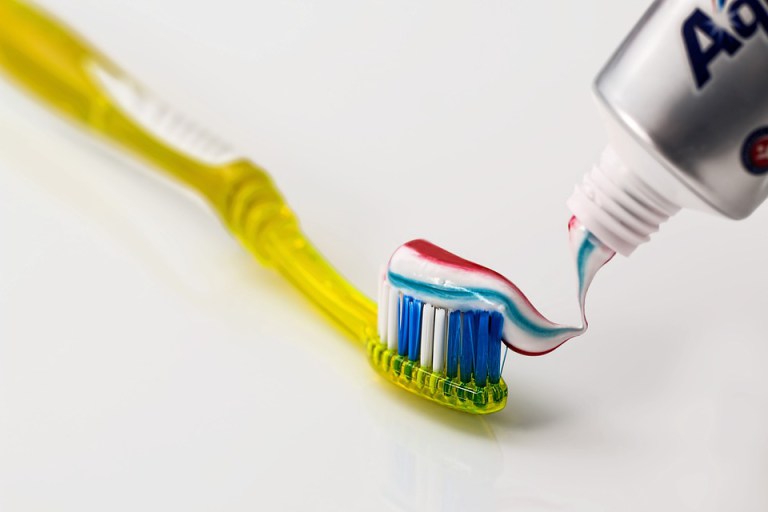Dental History from the Past to the Present
Tooth decay results from the presence of “tooth worms.” As a result of the modern medical industry, we now know there are no tooth worms. The evolution of dentistry over time shows how it has become a comfortable and safe science.
From the very beginning,
The ancient Egyptians had dentists who dealt with teeth. According to recent research, the Chinese are thought to have used acupuncture to treat pain associated with tooth decay as early as 2700 BCE.
Aristotle and Hippocrates described using red-hot wires and sterilization procedures to treat teeth and oral diseases in 500 BCE. Additionally, these wires were used to bind loose teeth and stabilize jaw fractures.
The 1600s and 1700s: Visionary Thoughts
According to the Academy of General Dentistry, the 1600s and 1700s were a time of great innovation in the dental world. The Operator of Teeth was the first English dental textbook, published in 1695 by Charles Allen. Among the recommendations he gives in the book are making homemade toothpaste from powdered coal, rose water, and dragon blood. In fact, Allen even mentions wisdom teeth in his book and suggests using dog teeth as organ transplants.
When Pierre Fauchard published The Surgeon Dentist in the 18th century, he was far ahead of his time in medical practice. For the first time, he described dentistry as a profession of the modern age. The book covers several important topics, such as sugar as the cause of dental caries (cavities), braces being used to correct teeth alignment, and the dentist’s chair light.
Progressivism during the 1800s.
A great deal was discovered and invented during the 1800s. Auguste Taveau created a dental filling made from silver coins and mercury in 1816. Thomas Morton first used ether anesthesia for surgery in 1840, after Horace Wells demonstrated the use of nitrous oxide to sedate patients.
During the same year, Horace Hayden and Chapin Harris created the first dental school, invented the modern doctorate in dental surgery, and established the first dental society to boost modern dentistry. A mechanized dental drill, porcelain inlays, toothpaste tubes, and porcelain inlays were all invented by the end of the 1800s.
The 1900s were a time of scientific advancement.
As a result of scientific advances in the 1900s, the dental industry saw some fantastic developments. With the invention of electricity, electric drills became available. Novocain was introduced by US dentists in 1907, together with precision case fillings made by a lost wax casting machine.
The method of tooth bonding was described in 1955 by Michael Buonocore for repairing cracked enamel. As a result, the first fully-reclining dental chair was introduced to ease patients’ and dentists’ discomfort. The first at-home systems for bleaching teeth also appeared in the 1990s, as did “invisible” braces.
Where Does Dentistry Go From Here?
Nowadays, dental professionals are examining the connection between oral and overall health. It is becoming increasingly popular to use gene-mediated therapeutics to alter the genetic structure of teeth to increase their resistance to decay. There is hope that teeth can be built back up again around weakened enamel. We can’t predict what the future of dentistry will bring, but we are committed to acquiring the most influential modern technology when it becomes available.
Experience the benefits of modern dentistry by scheduling an appointment with our office.















